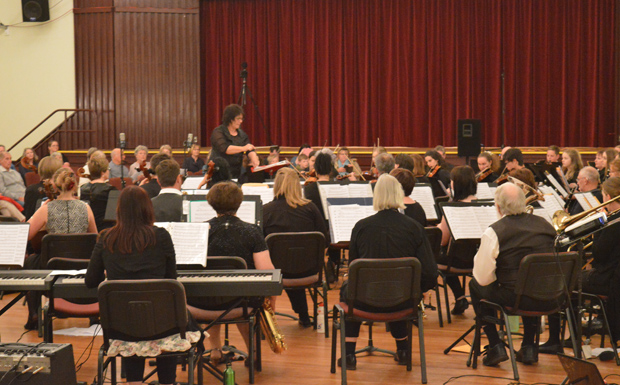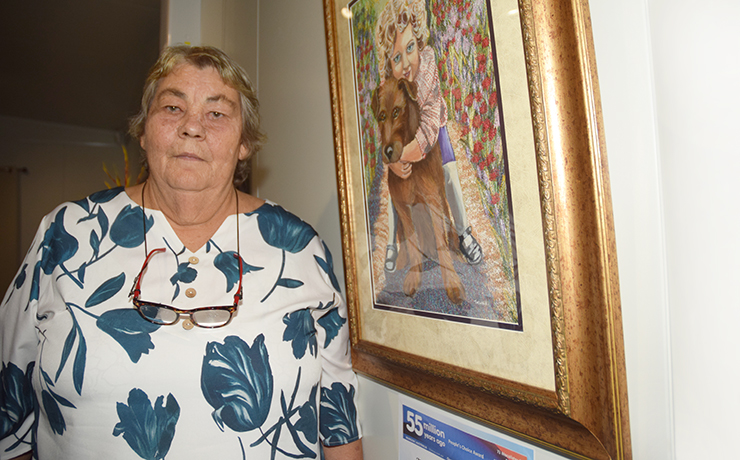
February 22, 2024
The CSIRO is calling on rural residents to join the longest-running citizen science survey of rabbit diseases in the world to help keep the pests in check.
Rabbit haemorrhagic disease virus (RHDV) – also known as Rabbit Calicivirus or Lagovirus – is used as a biocontrol agent to manage rabbit populations at a landscape scale.
It only affects rabbits and hares (and vaccination is available for pet rabbits in States which allow them to be kept!).
A nine-year disease monitoring program relies on members of the public taking tissue samples from dead rabbits found in their area using free sample kits provided by the CSIRO.
Dr Maria Jenckel said the samples provided since 2015 had helped paint a better picture of the viruses circulating in wild rabbit populations.
“We encourage community members from across Australia, particularly in rural and regional areas, to contribute samples for testing so we can get the widest possible coverage,” Dr Jenckel said.
“Citizen science has expanded rabbit virus tracking from fewer than 30 samples tested annually to an average of 345 samples tested annually from 2015.”
She said samples were arriving at the CSIRO every week.
CSIRO virologist Dr Nias Peng said the huge increase in citizen collected samples has allowed scientists to work on a much wider geographic spread.
“A citizen science project such as this contributes directly to research on rabbit biocontrol, which has long term benefits for Australia’s biosecurity, native species conservation and ecosystem health,” Dr Peng said.
“It is therefore critical to sustain such programs for the long term to monitor for emergence of new RHDV incursions and/or recombinant variants which may affect wild and domestic rabbit populations.”
- To request a free test kit, email your postal address to the research team at rabbitcalicivirus@csiro.au























